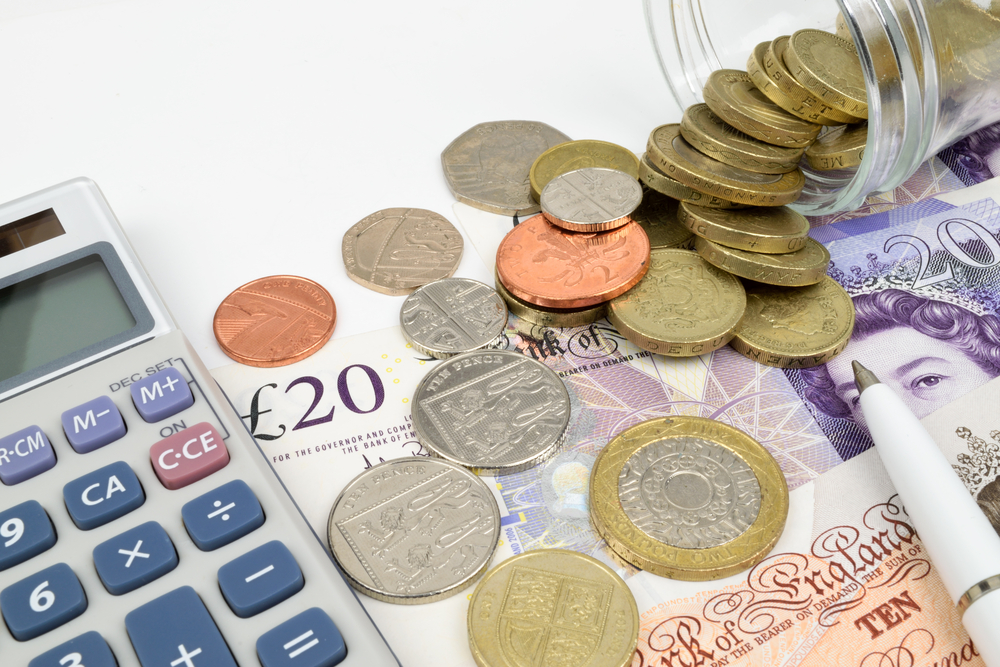News
Almost £9bn in old bank notes yet to be exchanged

Savers are being urged to check their piggy banks and exchange old bank notes as billions of pounds of paper notes remain within the economy.
Old paper bank notes worth almost £9bn have yet to be cashed in more than eight months after they stopped being legal tender.
Of the 445 million paper banknotes still in circulation, there were 198 million £20 notes; 111 million £5 notes; 70 million £50 notes and 65 million £10 notes, the Bank of England confirmed.
Paper £20 and £50 notes were replaced with a polymer alternative that has enhanced security features in February 2020 and June 2021 respectively.
Adding to the value of out-of-date money stashed in savings jars, hidden in households or still in circulation are £87 million of old £1 coins, according to the Royal Mint.
The value of old money that has yet to exchanged for current legal tender was revealed in Freedom of Information requests by the BBC.
However, the value of old notes still circulating has reduced since September last year.
YourMoney.com’s own FOI request revealed that £10bn of old notes had not been returned to the Bank of England by the 30 September 2022 deadline, the last day to spend or swap them for polymer notes before they lost their legal tender status.
‘Check your piggy banks’
Anna Bowes, co-founder of comparison website Savings Champion, said: “As prices for household goods keep rising and it gets harder to make ends meet, it’s time to check your piggy bank and if you are anything like me, in your old coat pockets, to see if you have some of the £9bn in out-of-date bank notes that are in still circulation.
“Anything you find can be swapped for legal tender and this could either provide an immediate boost to ease your day-to-day spending, or you could pop it into a savings account where it could earn some interest. The best easy access accounts are paying up to 3.88% gross/AER on balances of £1 plus. Get searching and saving.”
How to exchange old currency
There are several ways savers can still exchange their old currency:
- Notes can be deposited into a bank account through a Post Office branch, if your account is accessible through its branch network.
- Certain notes can be exchanged at selected Post Office branches, ask them for their policy.
- At the Bank of England’s counter between 9.30am to 3pm, Monday to Friday. Due to high customer volumes it recommends posting the notes to the Bank’s location on Threadneedle Street, City of London.
- At your bank or building society branch.
The Post Office will only accept up to £300 of notes.